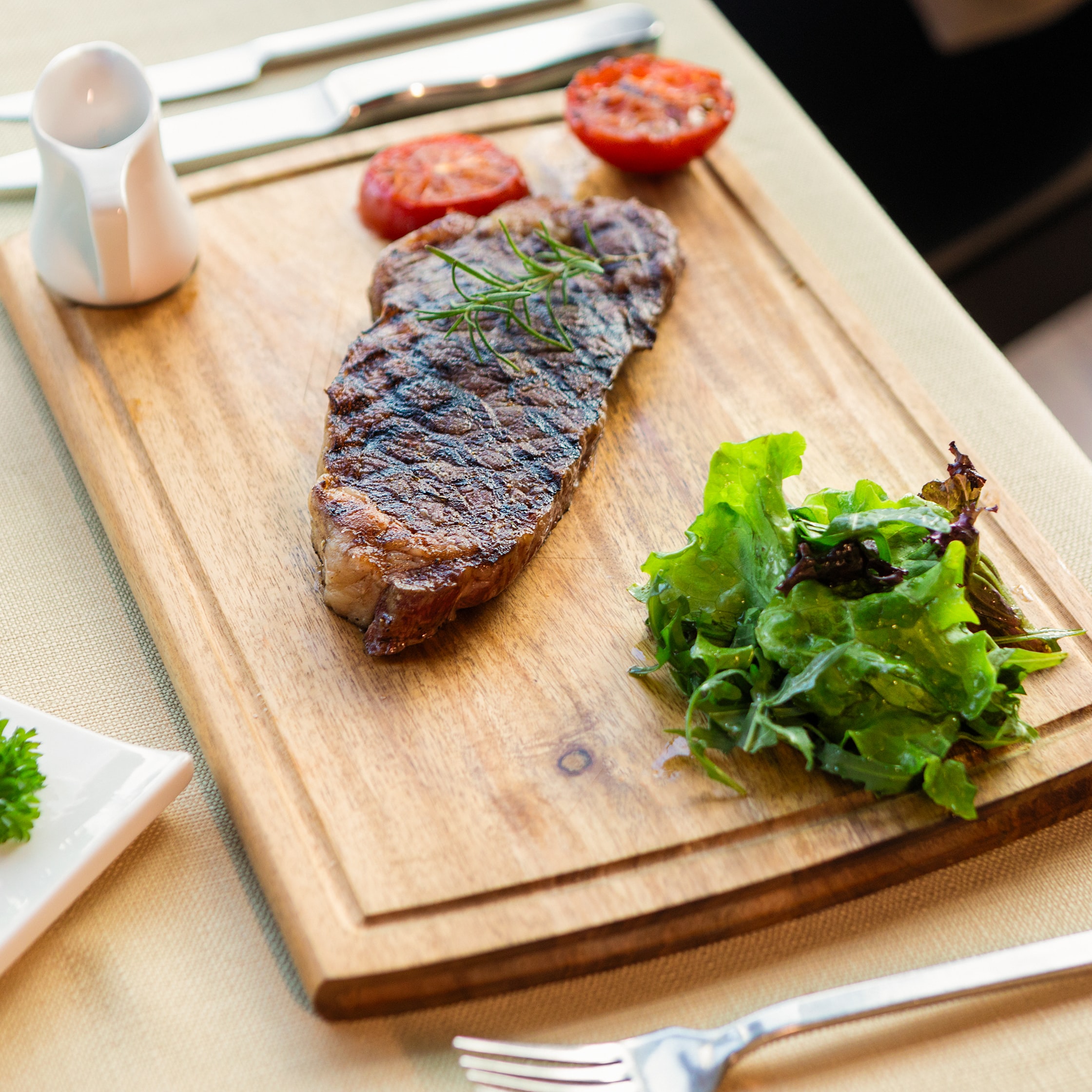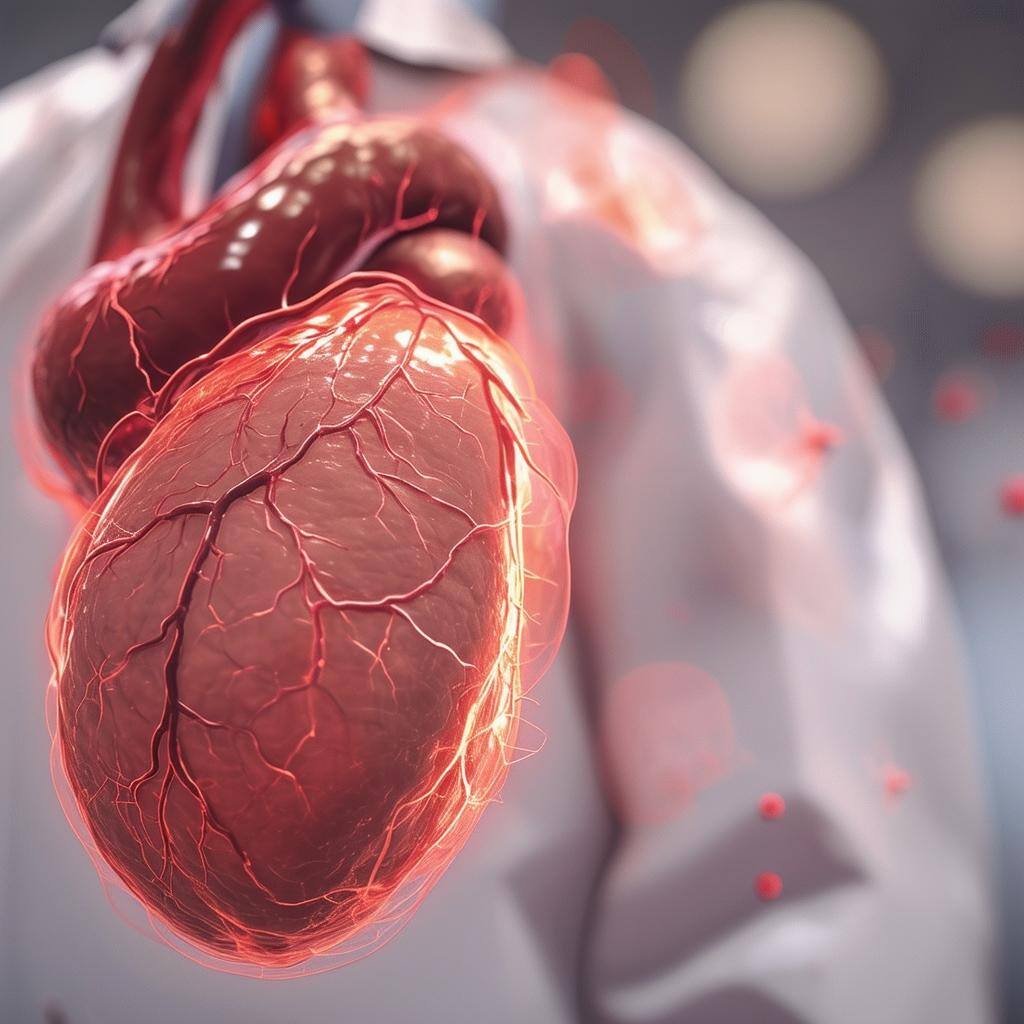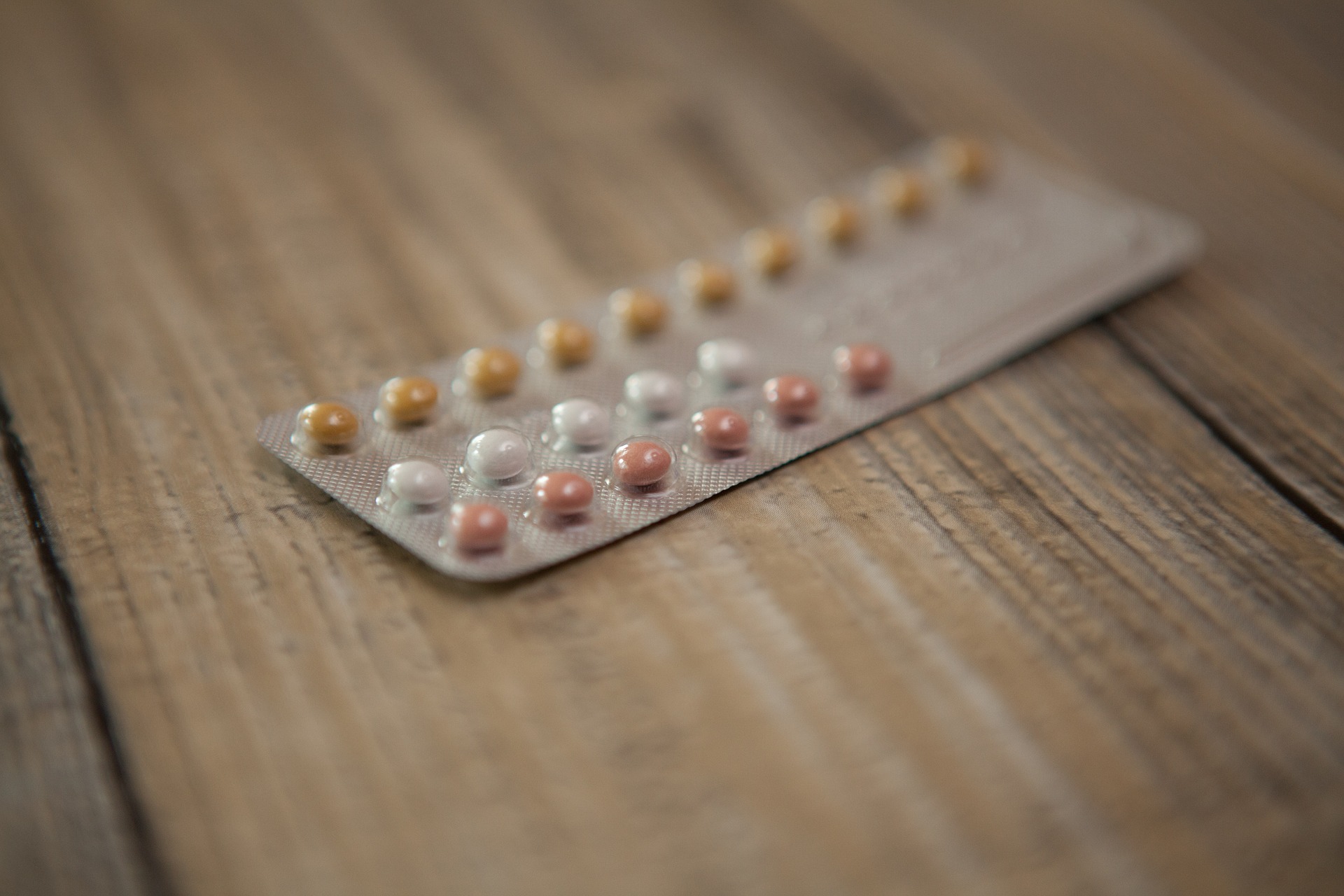Management Of Iron Deficiency Anemia
Do you have issues with ongoing iron deficiency anemia? Are you wondering how do you manage iron deficiency anemia? Maybe you are chewing ice or have restless syndrome. These are all symptoms of low iron levels. In this article we go into depth on the management of iron deficiency anemia. We look at what kinds of tests should be done to understand whether you're getting enough and some alternatives to oral iron to manage your iron deficiency anemia.
If you want to understand the management of iron deficiency anemia, keep reading.
Understanding Iron Deficiency Anemia
The management of iron deficiency anemia is conceptually very easy but but there are a few things issues that can come up during the process of managing iron deficiency anemia. In this article we go into depth on how to manage iron deficiency anemia to ensure you don't run into these same problems. Now iron deficiency anemia occurs when you are not consuming enough or not consuming as much as you lose over an extended period of time. Most of the iron we consume comes from animal products. Yes there's some in plants but typically it's not very bioavailable iron. So the iron in plants has minimal absorption compared to the iron that is in animals. The heme iron that's in animals comes from their blood.
So if you are someone that's more vegetarian, vegan or you just don't eat a lot of animal, like chicken beef turkey those products, you may not be getting enough compared to what you loose. Along those lines, most of the iron deficiency anemia does occur in females due to their menstrual cycles females. They are losing blood every month, of course. Once they hit menopause, that will not be the case. Still, people can be iron deficiency even if they are not menstruating. Males can become iron .deficient as well. It's just not as common.
In the cases of males, it occurs when they don't consume enough animal products to replace their iron. In addition sometimes there is some ongoing bleeding, usually for a chronic period. They probably just don't know the bleeding is occurring. Some people do have absorption issues too. That can play a role and we also lose some iron every day just due to breakdown of the hemoglobin molecule and through other means. For instance, long distance runners can lose a lot of iron from the heel strikes. These types of iron deficiency don't typically lead to the deficiency we see in females.
There is a separate article on iron deficiency and the reasons people get anemia. This goes into a little bit more depth, if you want to check that out. Now you have a basic understanding of why it occurs, we can look at how to manage the iron deficiency anemia.
First, I also wanted to point out, not all anemia is iron deficiency anemia. Iron deficiency anemia is defined by a lack of red blood cells or a lack of lack of hemoglobin due to not enough iron. The iron is needed to make the hemoglobin and the hemoglobin is needed to make the red blood cells. So not enough iron causes deficiency in one or both of these. There are other causes of anemia not from iron deficiencies too. We won't go into that here. Just make sure your issues are from iron, before you start taking iron.
Management of Iron Deficiency Anemia
So when it's low, you need to increase your intake of iron. This can come from food sources, supplements, injections, or intravenous iron. When it comes to management of iron deficiency anemia, you need to increase those low levels. Food and supplements are the easiest and the best way to go about it because it's something you can do on your own at home etc. However, this route can take a long time for some people depending on their absorption. If they have issues with absorption, it may take a really long time. This becomes cumbersome because in some cases the oral iron can also cause constipation or other digestive side effects.
There's one type of oral iron that I recommend above the others ones. It is called iron bisglycinate and you can find it here or here. Some people can also just increase their protein intake from animals that have a lot of blood like beef, elk, and bison. All animals have some blood in them and will increase your iron if you're eating them on a regular basis. Beef, liver, and other organ meats are also a rich source of iron. You just want to make sure you are getting a healthy source.
How do you know when you actually have enough iron? The first way you'll know is if you no longer have iron deficiency anemia symptoms. These are symptoms like fatigue, chewing ice, restless leg, and other things like that. The other way is through getting a blood test. On this test your hemoglobin will be in the normal range and your serum iron will be normal range. This is oftentimes where people get hung up. They stop their iron treatment once those things normalize. They don't check things like their storage forms of iron. The storage forms of iron also known as ferritin tells us how your total body iron levels are doing. If you check your storage form, you may actually still be low even though you are no longer anemic. In this case, when you stop your iron treatment, whether it's intravenous or oral, you quickly return to being anemic. Since you think everything is good, you may not get tested again for a long time. Six months or one year later, you're back in the same position again. You have to stay up with the testing to make sure you're getting enough iron and not dropping off as soon as you stop the treatment.
That's the first tip I have on managing iron deficiency anemia. Make sure you are checking all of your levels related to iron. Like the serum iron, total iron binding capacity, hemoglobin, red blood cells, and ferritin. Once all your levels are normal and that ferritin is above around 60, it's time to start backing off on your iron supplementation. If your levels aren't reaching that, you need to keep going. Some people have to continue consuming the iron because they are menstruating heavier than others. Checking your levels regularly will give you insight on how much iron you need to consume and whether or not you are trending up trending down or staying even.
Alternatives to Oral Iron
What are you going to do if you can't tolerate the oral iron or increasing the oral iron or animal protein? Well in that cases, you can get intravenous iron or injectable iron. These therapies do carry some risk and there's also the expense. However, it does get your iron levels up much quicker and you are not battling the ongoing low iron all the time. A lot of people with low iron don't realize they can just get an IV of iron or take an injection of iron. Intravenous iron is not recommended if you haven't tried the oral iron but it does provide a much quicker way to get your levels up.
There is also the possibility of overdosing on iron or getting too much iron in your system. You definitely don't want to do that on an ongoing basis. That's why its recommend to checking your iron levels, your ferritin, your hemoglobin to make sure things are balanced just right for your system.
That should give you a better understanding of the management of iron deficiency anemia. If you have questions about the content in this article, please ask it in the comment section below.
If you want a customized plan on the management of iron deficiency anemia, click in the link below to get started.




















